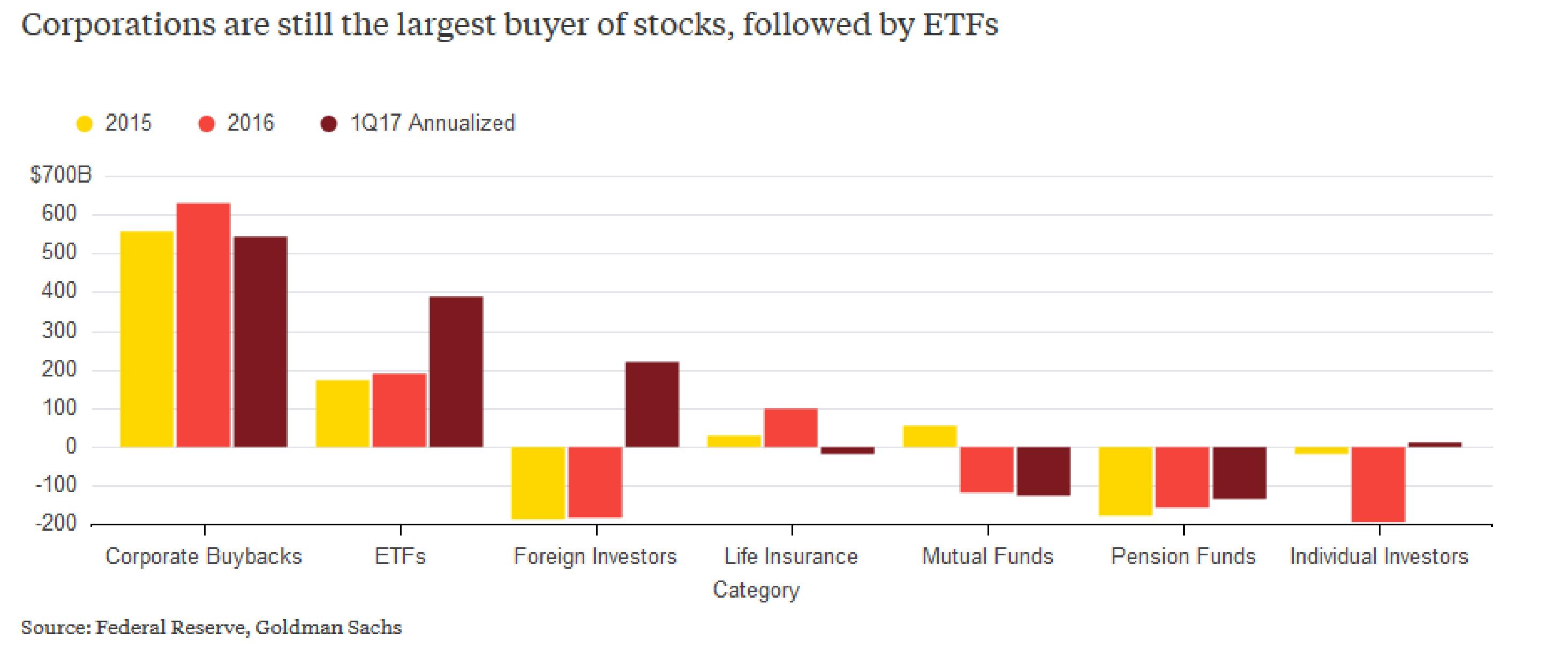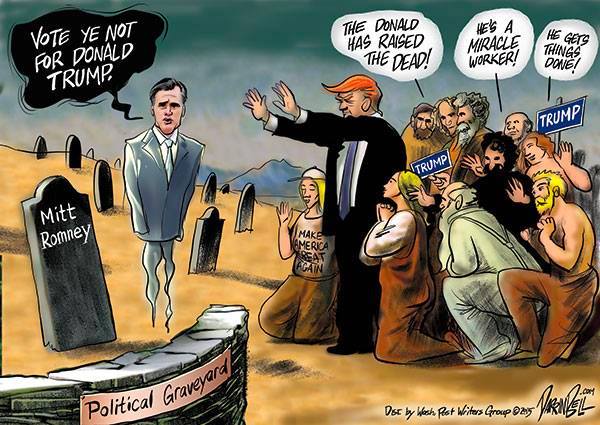The Daily Escape:

Bluebells in Hallerbos, Belgium – April 2018 photo by shinbaninja. Bluebells bloom only for about 10 days.
Welcome to the weekend. Let’s take a detour from the continuous drip, drip, drip, of Comey, Stormy, Syria, Cohen, Russia, and North Korea. Instead, take a look at an example of GOP maliciousness that passed under the radar, like a cruise missile, but aimed at American consumers.
The NYT’s Thursday business section reported about Senate Republicans passing a piece of legislation that will eviscerate a little bit more of the Consumer Financial Protection Bureau’s (Bureau) supervision in the financial sector: (emphasis, brackets and link by Wrongo)
The Senate voted on Wednesday to overturn an Obama-era rule that restricted automobile lenders from discriminating against minorities by charging them higher fees for car loans, in the latest attempt by Republican lawmakers to roll back financial regulations.
Republican lawmakers, along with one Democrat, Senator Joe Manchin of West Virginia, seized on the Congressional Review Act to overturn guidance issued in 2013 by the Consumer Financial Protection Bureau. The 1996 law [Congressional Review Act] gives Congress the power to nullify rules formulated by government agencies but has primarily been used to void recently enacted rules.
After the Government Accountability Office determined late last year that the consumer bureau’s 2013 guidance on auto lending was technically a rule that could be rolled back, Republicans, led by Senator Patrick J. Toomey (R-PA), targeted it for rescission by using the Congressional Review Act. The House is expected to follow suit and also use the Congressional Review Act to void the guidance.
Republicans have been against the Bureau, which was established under the 2010 Dodd-Frank law since it was passed. Trump’s pick to lead the agency, at least on an interim basis, Mick Mulvaney, has largely frozen its rule-making and enforcement.
Democrats and consumer watchdogs criticized the Senate’s move. Rion Dennis of Americans for Financial Reform, said:
By voting to roll back the CFPB’s work, senators have emboldened banks and finance companies to engage in racial discrimination by charging millions of people of color more for a car loan than is justified….Lawmakers have also opened the door to challenging longstanding agency actions that are crucial to protecting workers, consumers, civil rights, the environment and the economy.
Senator Richard Blumenthal, (D-CT) warned that rescinding the Bureau’s guidance would lead to a flood of unfair, predatory lending:
This truly repugnant resolution ignores the unacceptable, undeniable truth that consumers’ interest rates are regularly marked up based on their race or ethnicity — a disgusting practice that continues to run rampant across the country…
A 2011 report from the Center for Responsible Lending analyzed loan level data and found that African-Americans and Latinos were receiving higher numbers of interest rate markups on their car loans than white consumers. The Bureau issued guidance in 2013 urging auto lenders to curb discriminatory lending practices and used that guidance to justify lawsuits that they brought against auto finance companies.
The Department of Justice can still bring lawsuits against auto lenders for discriminatory practices, even if the guidance is nullified. But legal experts say the government could be less successful in bringing such cases without the guidance from a government agency saying the practices are viewed as improper.
Why are Republicans so mean-spirited? This is just gratuitous maliciousness towards African-Americans and other people of color. Who benefits, except a few huge GOP donors in the financial services industry?
This is another example of why TURNOUT in November is all that we have left to save the Republic.
No way to spin it, we’ve had another tough week, so it’s time for a Saturday Soother. Let’s start by brewing a yuuge cup of Sumatra Tano Batak ($21/12 oz.). The beans come from the northern part of the Indonesian island of Sumatra, and are valued for their complex earth and fruit notes. That comes from using unorthodox fruit removal and drying practices called “wet-hulling.” Then the beans are roasted by PT’s Coffee in Topeka, Kansas. According to them, drinking it invokes the experience of eating cherries in a flower garden next to a patch of fresh, fragrant, just-turned earth.
Sounds like it could be the Fields of Wrong on a warm April day.
Now settle back in a comfy chair and listen to the most underappreciated jazz singer, Johnny Hartman. He’s Wrongo’s favorite of that era. Here he is singing “I’ll Remember April” from his 1955 album, “Songs from the Heart”. It was Hartman’s debut album:
Those who read the Wrongologist in email can view the video here.



 From
From 
